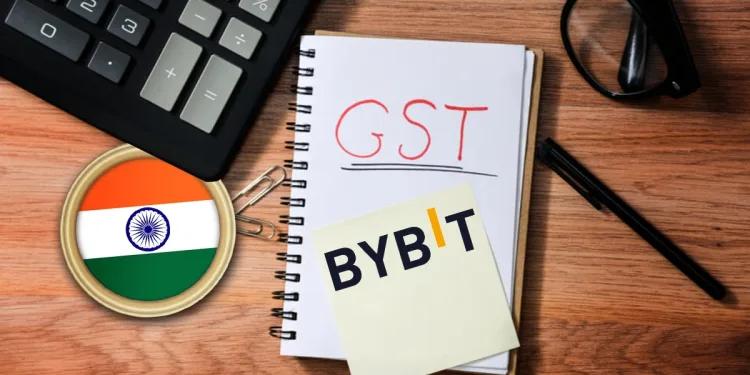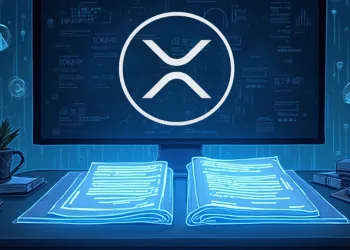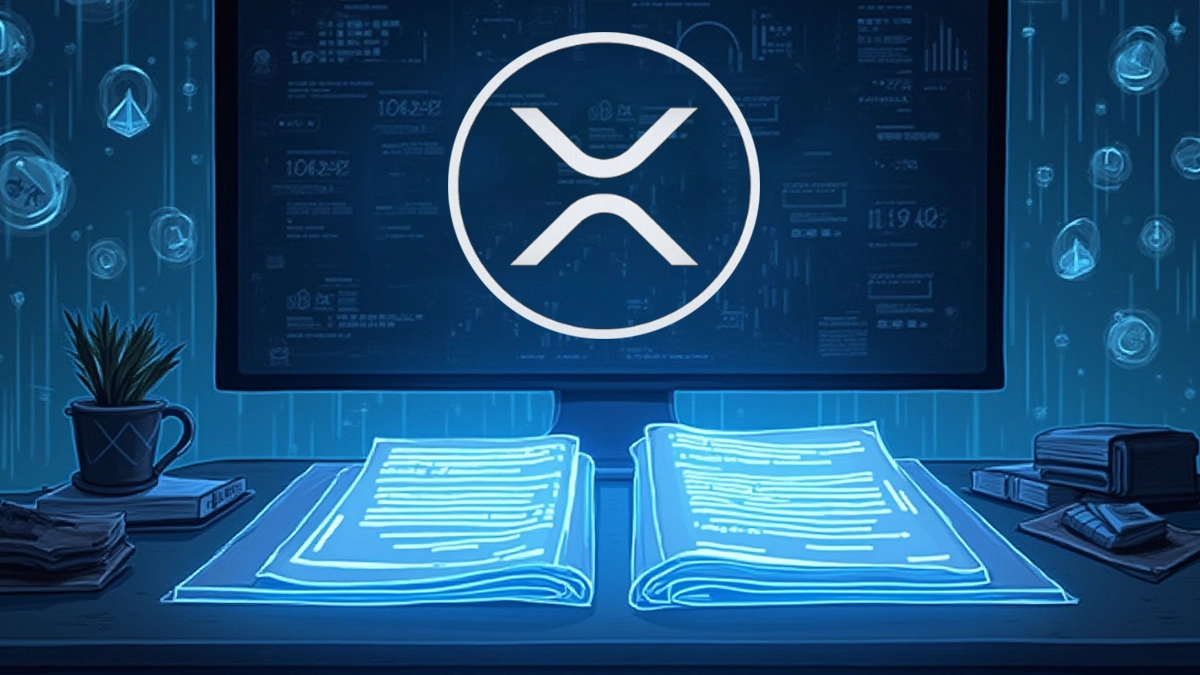- Bybit to apply 18% GST on Indian crypto services starting July 7, covering most platform activities.
- Crypto loans, Bybit Card, and trading bots to be discontinued from July 9, with final deactivations by July 17.
- Indian traders now face combined taxes of 18% GST, 30% on profits, and 1% TDS on transactions.
Crypto exchange Bybit will begin applying an 18% Goods and Services Tax (GST) on all trading and service fees for Indian users from July 7, 2025. This adjustment, designed to comply with India’s evolving tax framework for virtual digital assets, will apply broadly across the platform’s offerings. Affected services include spot trading, margin, derivatives, fiat services, staking, and withdrawals, introducing an additional cost burden for local traders.
The GST is in addition to India’s existing 30% tax on crypto profits and the 1% tax deducted at source (TDS) on each transaction. These combined levies now place Indian crypto traders among the most heavily taxed globally.
Wide Range of Bybit Services Now Subject to GST
Beginning July 7, nearly every fee-based activity on Bybit’s platform will be subject to 18% GST. This includes spot, margin, and derivatives trading, as well as fiat transactions and withdrawal fees. In addition, services such as staking, copy trading, and spread conversions will now carry the same tax rate.
The tax impact extends beyond trading to cover various platform fees, expanding the compliance requirements for users. Importantly, legacy products such as crypto loans, the Bybit Card, and automated trading bots will be phased out starting July 9. This step reflects the platform’s alignment with Indian tax law and operational changes required under the new framework.
Service Discontinuations and Key Account Deadlines
Alongside the tax changes, Bybit will discontinue several services beginning July 9, 2025. These include crypto loans, Bybit Card services, and automated trading bots, which will no longer be available to Indian users.
Additionally, the platform has set July 17, 2025, as the deadline for automatic loan repayments and Bybit Card deactivation. Users have until then to settle outstanding balances and manage account transitions.
New GST Rule Adds Pressure to India’s Already Hefty Crypto Tax Regime
The introduction of an 18% GST on crypto services by Bybit adds a new layer of complexity to what is already one of the world’s most intricate tax regimes for digital assets. Combined with India’s existing tax burdens, this move substantially increases the overall cost of trading on centralized exchanges for Indian users. It also comes at a time when India’s GST collections have consistently remained above ₹1.4 lakh crore monthly, peaking only once at ₹1.67 lakh crore in April 2022.
With key services on Bybit set to be discontinued starting July 2025, Indian crypto traders face not only higher compliance costs but also a reshaped platform experience. These changes are poised to significantly impact how users interact with Bybit’s ecosystem, making regulatory navigation and cost management more challenging.














